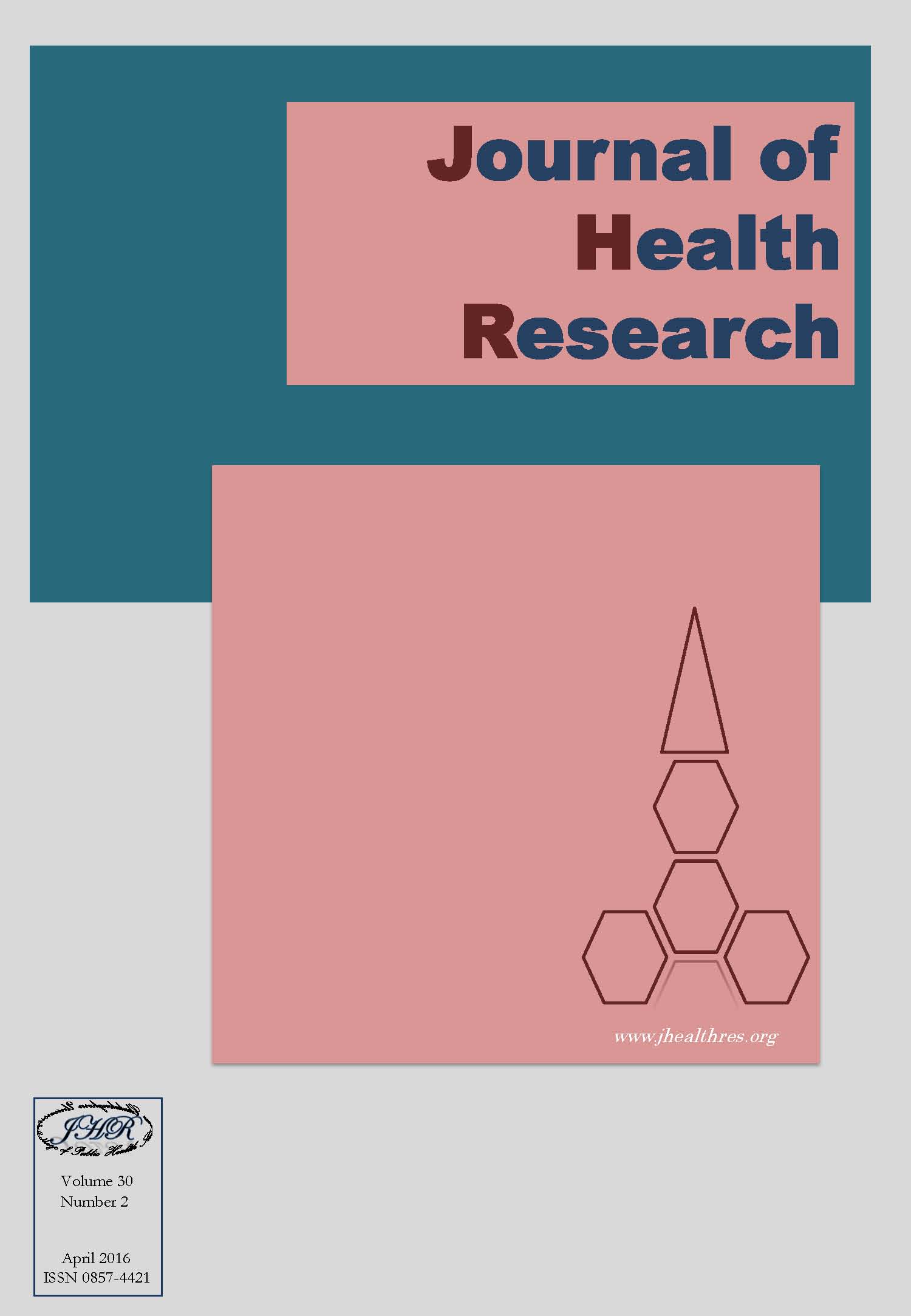Effects of Curcuma comosa extracts on choline acetyltransferase and acetylcholinesterase in male rat’s brain
Keywords:
Curcuma comosa, Acetylcholinesterase, Choline acetyltransferaseAbstract
Background: Curcuma comosa Roxb. (Zingiberazeae) is a well-known medicinal plant in Thailand. Rhizome of this plant has been traditionally used for the treatment of various abnormal symptoms of the uterus. Medicinal indications of C. comosa may be associated with its estrogenic-like effects reported by many studies. The objective of this study was to investigate effects of C. comosa hexane and fractionated ethanolic extracts on the activities of choline acetyltransferase (ChAT) and acetylcholinesterase (AChE) in the rat brain.
Methods: Forty male rats were randomly divided into 5 treatment groups, 8 rats per group. In group 1, rats were administered orally with 1 ml/kg/day of corn oil (control group); group 2 and 3 with 250 and 500 mg/kg/day of C. comosa hexane extract; group 4 and 5 with 250 and 500 mg/kg/day of C. comosa fractionated ethanolic extract for 30 days, respectively. At the end of the treatment, rats were anesthesized and euthanized. Three regions of brain (cerebral cortex, basal forebrain and hippocampus) were dissected out and collected. Each brain region homogenate was prepared for enzyme activity assays.
Results: The results showed that both dosages of C.comosa fractionated ethanolic extract caused an increase of ChAT activity in cerebral cortex and hippocampus but not in the basal forebrain. C. comosa hexane and fractionated ethanolic extracts did not affect AChE activities in any brain region.
Conclusions: These findings suggest that C. comosa fractionated ethanolic extract potentially possesses a beneficial effect on the cholinergic nervous system, via enhancement effect on the activity of ChAT, an enzyme responsible for brain acetylcholine synthesis.







